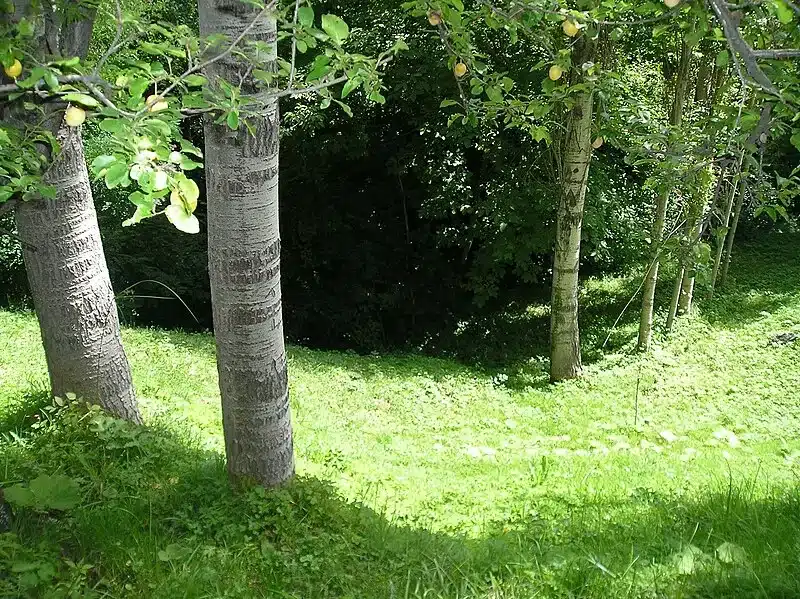A multi-national research team has developed a method for efficient genetic cloning of trees, Tel Aviv University (TAU) said in a statement.
The new method, detailed in an eight-year study that was published in Nature Biotechnology, uses a material developed by a team led by TAU and the Volcani Institute in central Israel.
The research focused on the common stem cuttings technique, with tree branches cut, exposed to conditions promoting root growth, and then planted as new independent plants.
This asexual reproduction method with no seeds allows for multiplying desired tree properties like fruit taste and resistance to dryness and disease.
Despite its benefits, this technique is economically impractical for many plants, with rooting often not reaching 50 percent, even with the widespread use of the plant hormone auxin.
To find a better alternative to auxin, the researchers created a “library” of molecules, attaching synthetic auxin to various chemical groups.
After experimenting on the Eucalyptus grandis tree, the team identified a substance that improved rooting efficiency, allowing the active component to stay in the plant for one and a half weeks, compared to the standard two days.
This enhanced treatment raised the rooting rate to 60 percent, six times higher than the standard method.
The researchers said the new method could reduce costs for farmers and consumers, improve crop yields, and contribute to environmental sustainability by developing plants resistant to climate change.

















